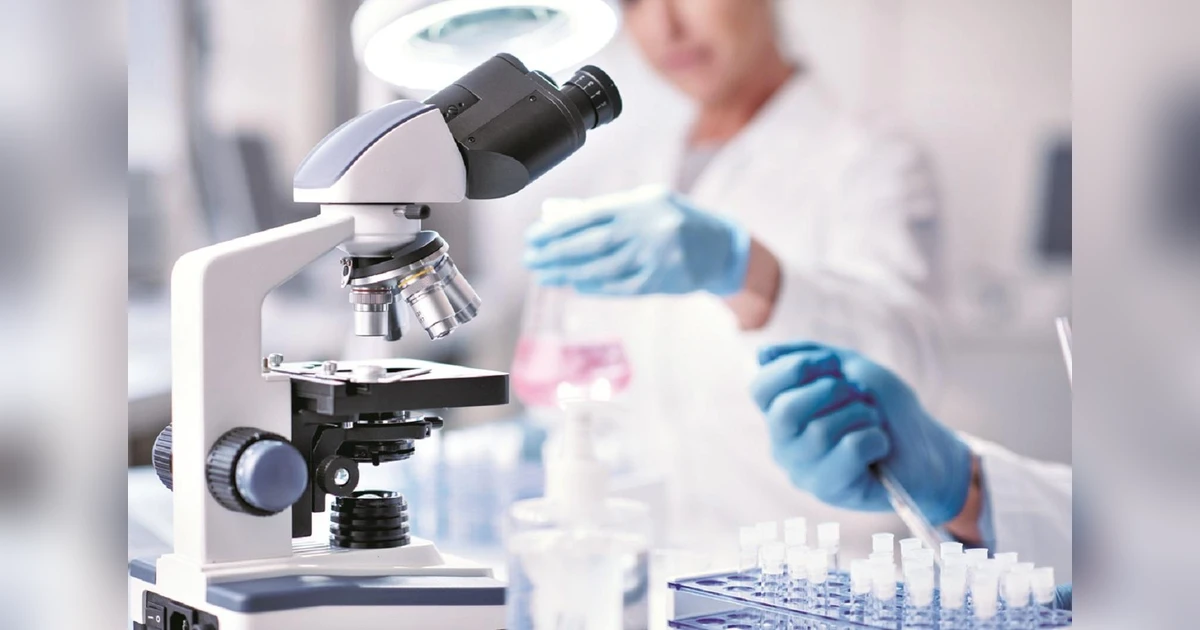The World Health Organization (WHO) has raised alarms regarding a significant increase in drug-resistant bacteria, emphasizing a crisis in innovation for new treatments. According to the latest report released in October 2023, the agency highlighted that approximately 1.27 million deaths worldwide in 2020 were directly attributable to antimicrobial resistance (AMR). This report underscores the urgent need for advancements in medical treatments to combat these growing threats.
The WHO’s 2023 Global Antimicrobial Resistance and Use Surveillance System (GLASS) report reveals that 23 pathogens are now classified as a high risk due to their resistance to commonly used antibiotics. Among these, 12 priority pathogens are of particular concern, as they pose the greatest threat to human health and require immediate action. This surge in resistant bacteria not only complicates treatment options but also leads to longer hospital stays and increased healthcare costs.
Current Landscape of Drug Development
Despite the pressing need for new therapies, the pharmaceutical industry has faced challenges in developing innovative drugs to combat AMR. The report indicates that the pace of new antibiotic discoveries has significantly slowed, with few novel antibiotics being brought to market in recent years. The WHO’s findings suggest that current investments in research and development are insufficient to meet the demands of an escalating public health crisis.
The lack of new treatment options has resulted in a reliance on older antibiotics, many of which are becoming less effective. In a stark warning, the WHO stated, “If we do not act now, we will be faced with a future where common infections become untreatable.” This statement serves as a call to action for governments and private sectors to increase funding and support for research focused on antibiotic development.
Global Impact and Future Directions
The impact of AMR extends beyond individual health, influencing global health systems and economies. The WHO estimates that AMR could lead to a rise in healthcare costs, as well as a significant increase in mortality rates. A collaborative approach involving international organizations, governments, and the pharmaceutical industry is critical to reversing this trend.
The WHO urges countries to strengthen their surveillance systems and implement robust response strategies to address AMR effectively. This includes promoting the responsible use of antibiotics in both human and veterinary medicine, as well as enhancing public awareness about the risks of misuse.
As the world grapples with the consequences of AMR, the need for innovative solutions has never been more urgent. By prioritizing research and fostering collaboration, it is possible to develop new treatments that can effectively combat resistant infections and safeguard public health for future generations. The WHO’s findings serve as a crucial reminder of the ongoing battle against drug-resistant bacteria and the need for immediate and sustained action.
